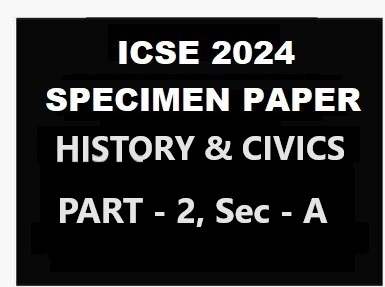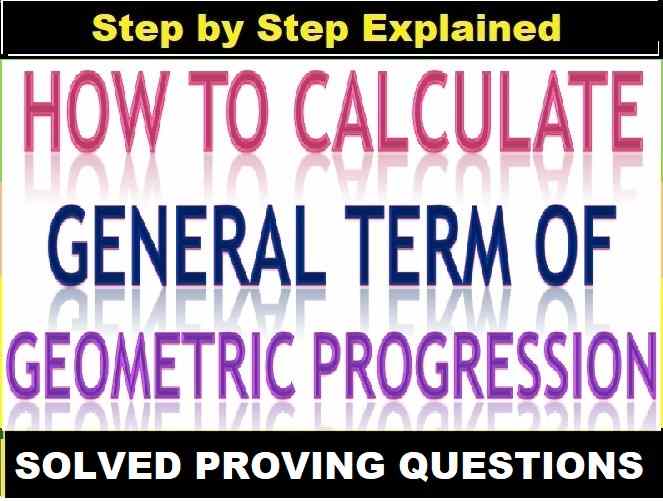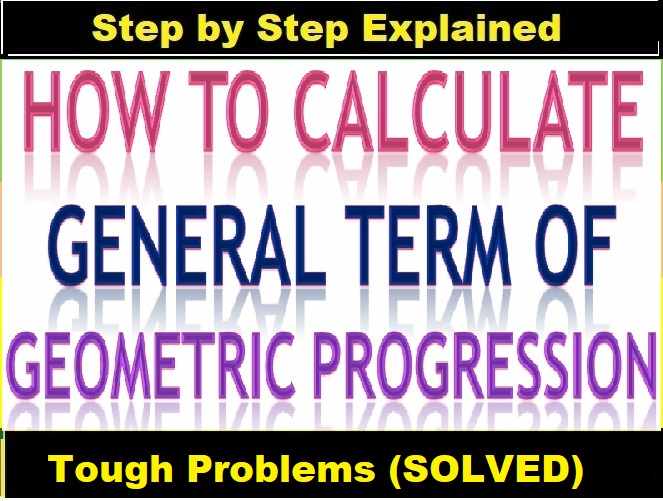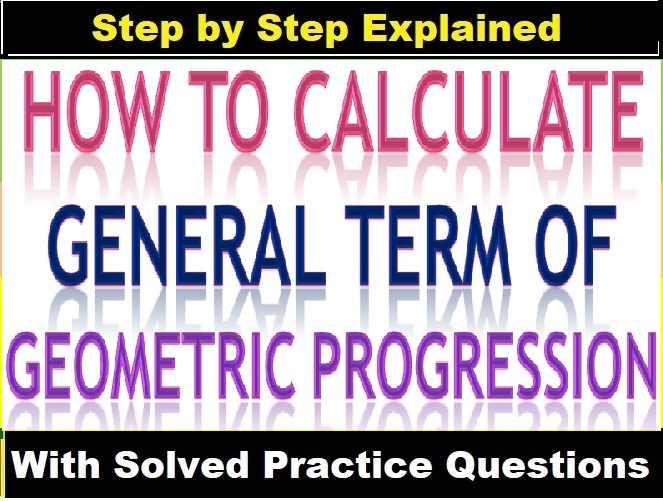History Civics Specimen 2024: Part 2 Sec A of ICSE Sample Paper Solved . All Question with Answers of First Part by Expert Teachers. Students of Class X who are preparing for Board Exam 2024 can solved here History and Civics Sample Paper.

Visit official website CISCE for detail information about ICSE Board Class-10
History Civics Specimen 2024: Part 2 Sec A of ICSE Sample Paper Solved
| Board | ICSE |
| Class | 10th (x) |
| Subject | Social |
| Topic | Specimen Paper Solved |
| Paper | History and Civics |
| Session | 2023-24 |
| Question Type | Part 2 (Sec A ) |
| Max mark | 80 |
ICSE 2024 EXAMINATION
SPECIMEN QUESTION PAPER
HISTORY & CIVICS Part-2
SECTION A
Question 3 The Union Legislature of India is not only the lawmaking body, but the center of all democratic political process. With reference to the Parliament, answer the following questions:
(i) Mention any three circumstances under which the Lok Sabha can make laws on a subject in the State list.
Ans:
- two or more states make a request to the Parliament to make a law on a subject.
- Rajya Sabha passes a resolution that such subjects have acquired national importance
(ii) Mention any three financial powers of the Union Parliament.
Ans: the financial power of the Parliament denotes the passing of the Union budget, creating of a supplementary financial grant, and refusing the spending of money if the budget has been passed after 1st of April respectively
(iii) The Speaker plays a key role in maintaining order and ensuring the smooth functioning of the Lok Sabha. Mention any four functions of the Speaker to support this statement
Ans: Speaker presides over the meetings of the Lok Sabha and conducts its business. generally belongs to the majority party, but he acts in an impartial manner and maintains discipline in the House. He can suspend a member from the House for his misconduct and indiscipline in the house
Question 4 The President is the nominal head of the executive, the first citizen of the country, as well as the commander-in-chief of the Indian Armed Forces. With reference to this, answer the following questions
(i) Mention any three qualifications required for a person to be nominated to the post of the President.
Ans: He or she must be …
- a citizen of India.
- not be less than 25 years of age.
- a sound person.
- not be convicted by the court with imprisonment of two Or more years.
- be a voter for any constituency in India
(ii) Mention any three discretionary powers of the President.
Ans The primary duty of the president is to preserve, protect and defend the constitution and the law of India per Article 60. The president appoints the Chief Justice of India and other judges on the advice of the chief justice. The President may dismiss a judge with a two-thirds vote of the two Houses of the parliament.
(iii) Describe the procedure of impeachment of the President
Ans: The impeachment charges are signed by one-fourth of the members of the Lok Sabha. A 14-day notice is given to the President of India. Then, Lok Sabha passes the impeachment charges with the two-thirds majority and sends it to Rajya Sabha. Then, Rajya Sabha investigates the charges
Question 5 The Supreme Court of India is the supreme judicial authority and the highest court of the Republic of India. It is the final court of appeal for all civil and criminal cases . With reference to the Supreme Court, answer the following questions
(i) Who appoints the judges of the Supreme Court? Mention any two qualifications required for a person to be appointed as a judge of the Supreme Court.
Ans: In order to be appointed as a Judge of the Supreme Court, a person must be a citizen of India and must have been, for at least five years, a Judge of a High Court or of two or more such Courts in succession, or an Advocate of a High Court or of two or more such Courts in succession for at least 10 years
(ii) Explain the term Original Jurisdiction of the Supreme Court with any two examples.
Ans: Its exclusive original jurisdiction extends to any dispute between the Government of India and one or more States or between the Government of India and any State or States on one side and one or more States on the other or between two or more States, if and insofar as the dispute involves any question
(iii) Name any four writs issued by the Supreme Court.
Ans : The Supreme Court or the High Court can issue five different types of writs/orders to enforce the fundamental rights of Indian citizens. They are called Habeas Corpus, Mandamus, Quo-Warranto, Prohibition, and Certiorari.
–: Visit also :–
Return to : ICSE Specimen Paper 2024 Solved
Thanks



Answer is wrong the qualification for president is of 35 yrs not 25
Hi
PLS SEND CIVIC 2ND PART